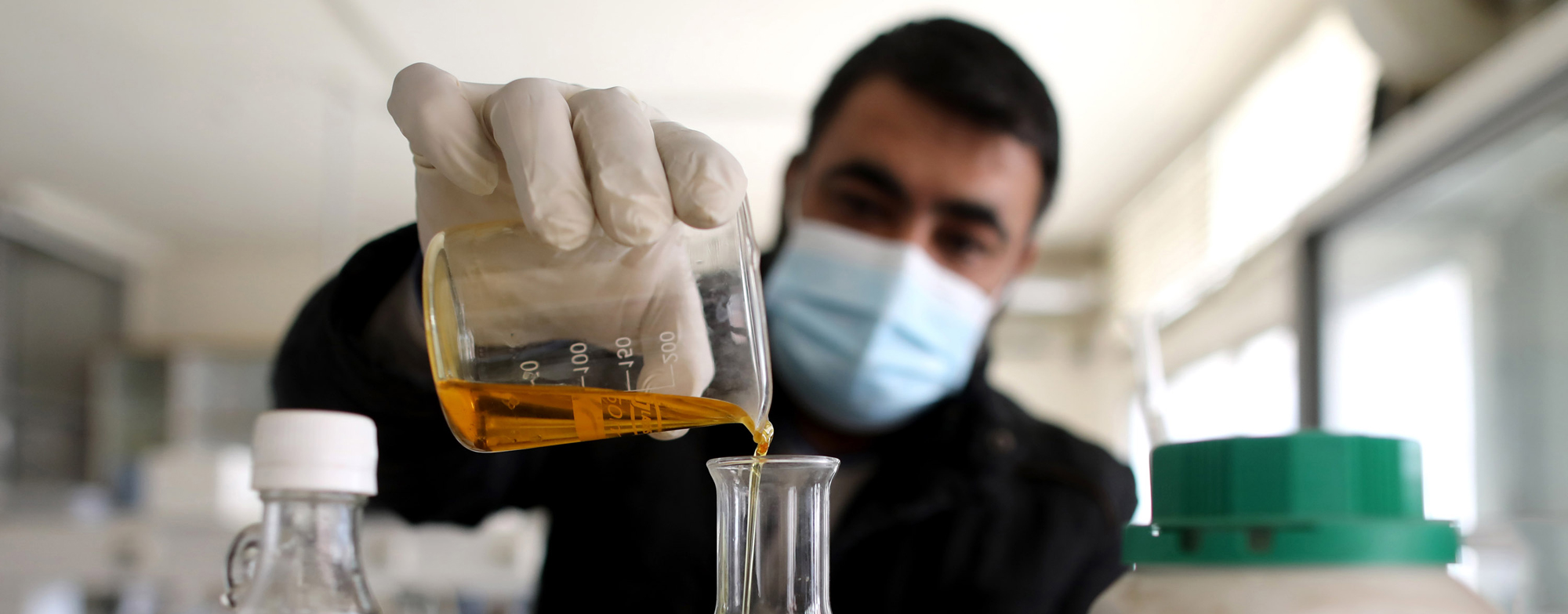
Using the One Health approach to drive resilience and recovery in Lebanon
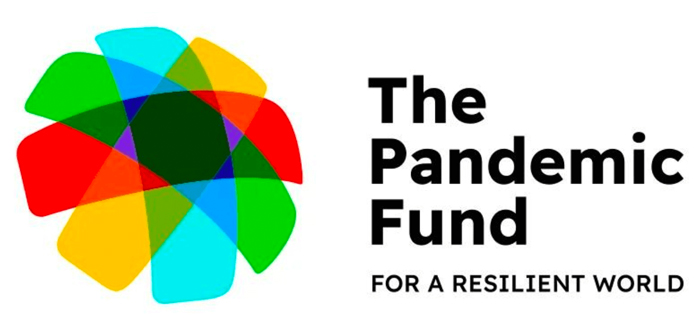
Lebanon, a country marked by resilience despite ongoing socio-economic and health challenges, is advancing its ability to prevent, detect, and respond to pandemics through the adoption of a comprehensive One Health approach. This project aims to address critical gaps in surveillance, laboratory systems, and workforce capacity while fostering cross-sectoral collaboration and community engagement to ensure a robust health security framework.
Implementation and key components
The initiative will be led by the Ministry of Public Health (MoPH) in partnership with the Ministry of Agriculture (MoA), the World Bank, WHO, FAO, and UNICEF, ensuring a multi-sectoral and collaborative implementation approach.
Enhancing surveillance and early warning systems
The project focuses on the integration of human and animal health data under the One Health framework. Efforts will include the establishment of a centralized epidemiological intelligence platform and real-time data-sharing mechanisms. By expanding community-based surveillance and Points of Entry (PoEs) monitoring, Lebanon will significantly enhance its capacity for early detection and timely response to health threats.
Strengthening laboratory systems
Investments will target the establishment of a national reference laboratory and the enhancement of diagnostic capacities across existing facilities. This will include the procurement of advanced diagnostic tools, implementation of biosafety measures, and development of a quality assurance framework. The initiative will also introduce an efficient specimen transport system to link sub-national laboratories with the national network.
Building a skilled workforce
Comprehensive training programs will be rolled out to equip health professionals, veterinarians, and community health workers with the skills needed to manage pandemic threats effectively. Training modules will focus on outbreak investigation, risk communication, biosafety protocols, and rapid response coordination.
Promoting community engagement
Community participation will be strengthened through targeted awareness campaigns and risk communication strategies. These efforts aim to empower communities to play an active role in surveillance and prevention while fostering trust in health systems.
Expected outcomes
The project is expected to establish an integrated health system capable of timely and effective responses to public health threats. By addressing critical gaps in surveillance, laboratory diagnostics, and workforce training, Lebanon will improve its compliance with International Health Regulations (IHR). Moreover, the initiative will empower communities and institutions to build resilience, reducing the socio-economic impact of pandemics and fostering sustainable health system recovery and development.
Implementing Entities
FAO, UNICEF, WHO, World Bank
Priority areas
- Early warning and disease surveillance systems
- Laboratory systems
- Human resources/public health and community workforce capacity
Total budget
USD 11,440,000
Total co-financing
(in kind and cash)
USD 17,804,000
Total co-investment
(in kind and cash)
USD 5,302,600
Find out more
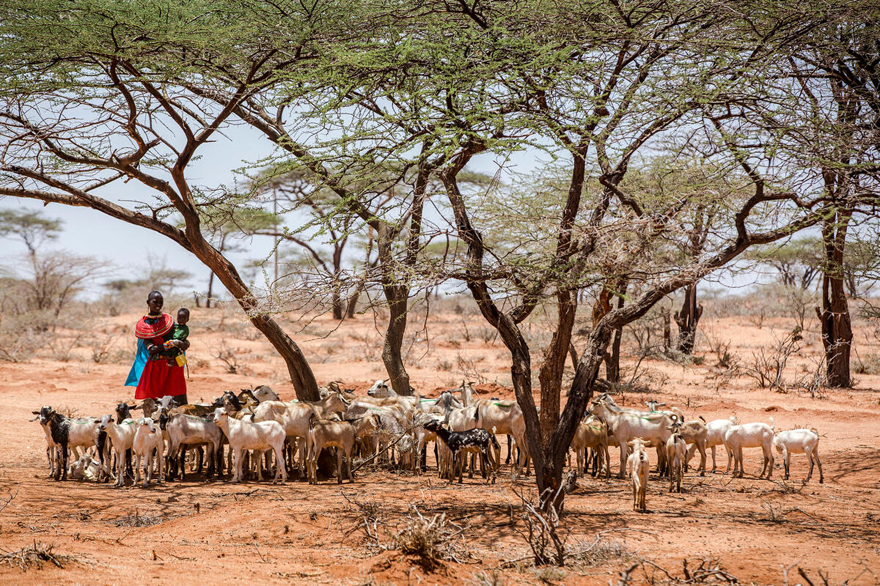
Projects
The Pandemic Fund
FAO is co-leading the implementation of 32 Pandemic Fund projects worth over USD 165 million aimed to boost local and global health security.
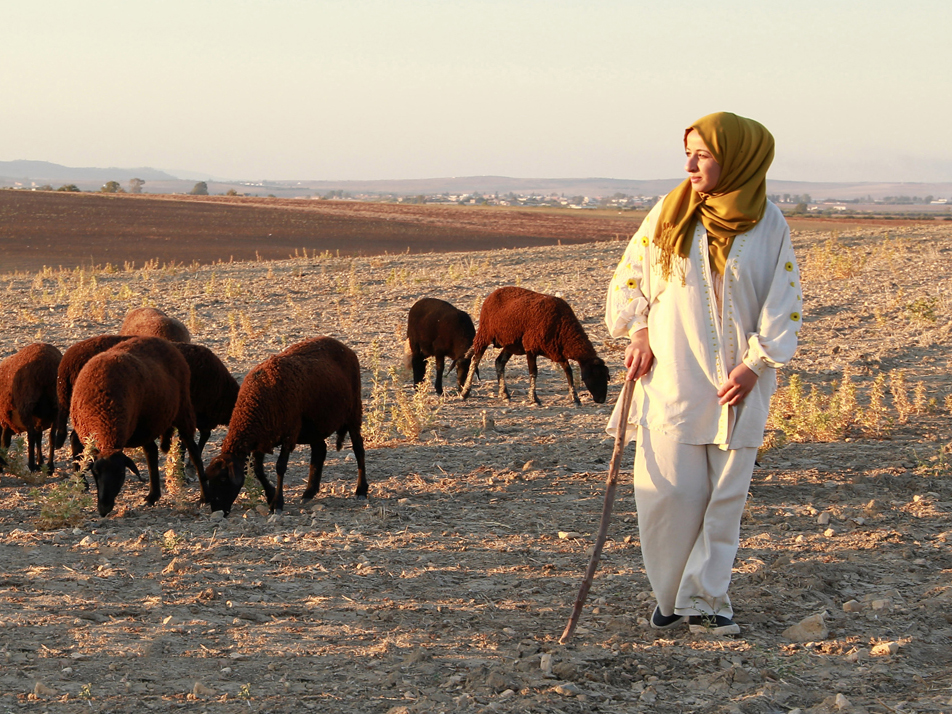
Highlights
Pandemic Fund’s third call for proposals
The Pandemic Fund has announced its third Call for Proposals, with an envelope of USD 500 million to enhance pandemic preparedness and response with a focus in low- and middle-income countries.
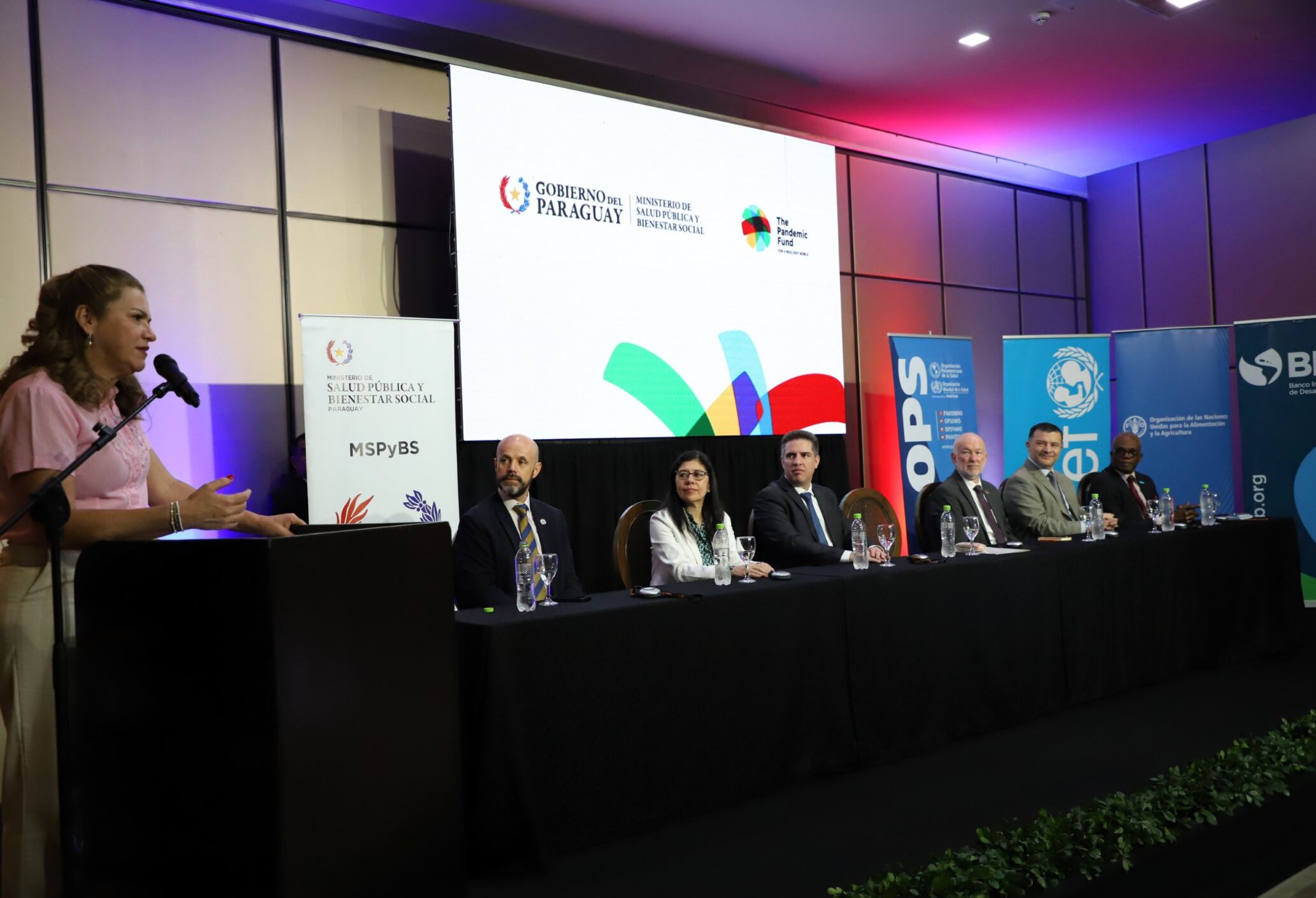
Highlights
Global fight against pandemics gains momentum as projects launch with FAO support
The first of Pandemic Fund projects launched at national level, including Ethiopia, Paraguay, Central Asia countries, and Yemen.
